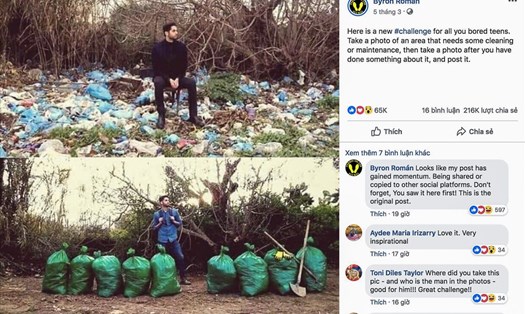Researchers calculate that more than a billion people in the world are at risk of air and refrigeration lack to meet the need for food cooling and preservation in the face of global warming, Reuters reported.
Electricity demand is also rising due to climate change, unless power plants switch from fossil fuels to cleaner energy, according to the nonprofit SEforAll.
Data from the report estimates that about 1.1 billion people in Asia, Africa and Latin America are affected, of which 470 million people are in rural areas and 630 million people are residents in slum areas in cities. This rate is about 1/7 compared to the total of 7.6 billion people living on Earth.
"Colding is becoming increasingly important in addressing climate change," said Rachel Kyte, head of SEforAll and UN climate change specialises.
In the survey of 52 countries, the countries at highest risk include India, China, Mozambique, Sudan, Nigeria, Brazil, Pakistan, Indonesia and Bangladesh.
"We have to provide super-efficient cooling equipment," Kyte said. According to her, companies can find and exploit many large markets such as developing high-performance air conditioners at low costs to sell to the middle class in developing tropical countries. Some simpler solutions are also suggested such as painting the roof brightly to avoid absorbing sunlight or redesigning the building to allow heat to escape faster.
The United Nations Health Organization said climate change-related diseases could cause an additional 38,000 deaths each year worldwide between 2030 and 2050. During the May heat wave, more than 60 people died in Karachi, Pakistan when temperatures rose above 40 degrees Celsius.
In remote areas of tropical countries, many people are without power. The clinic often cannot store vaccines or refrigerate some specialty drugs. In the slums of many cities, power supply is often interrupted.
Farmers or fishermen lack refrigeration equipment to store and transport products to the market. Fresh fish will bulge for a few hours if kept at 30 degrees Celsius but will be fresh for many days when frozen.
Last week, research from the University of Birmingham in the UK predicted that the number of cooling devices could increase 4 times to 14 billion worldwide by 2050. The level of energy consumption will also increase accordingly.











